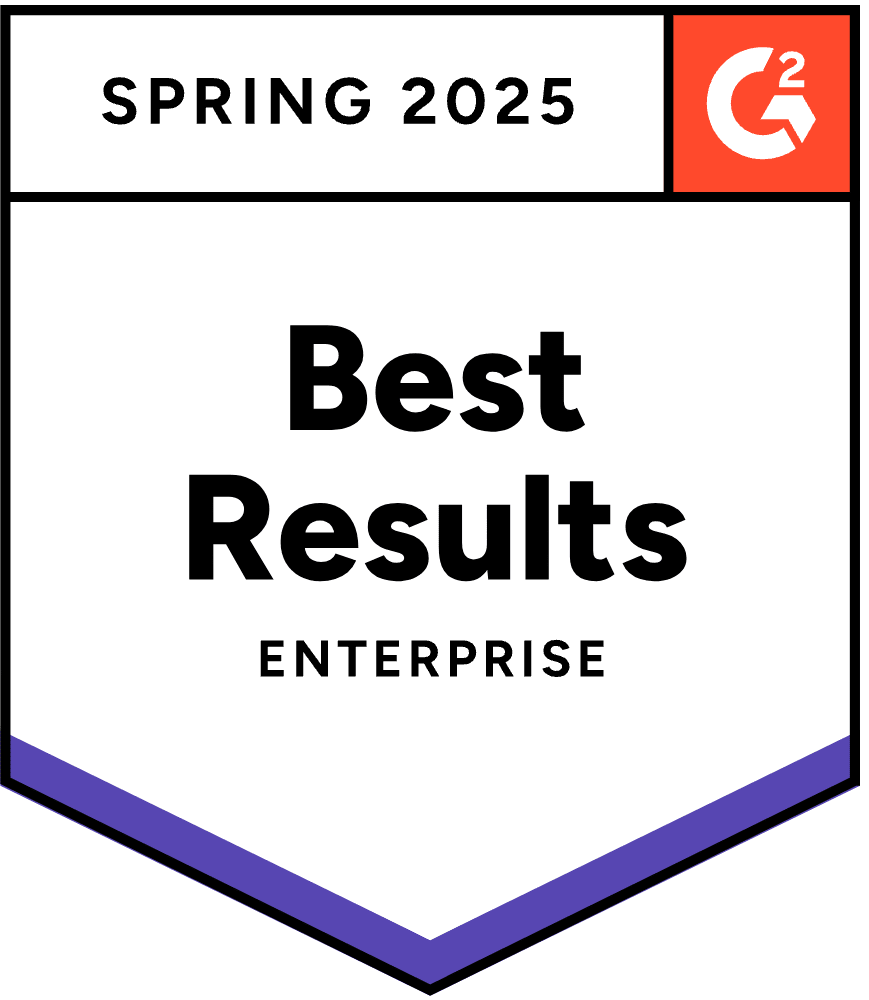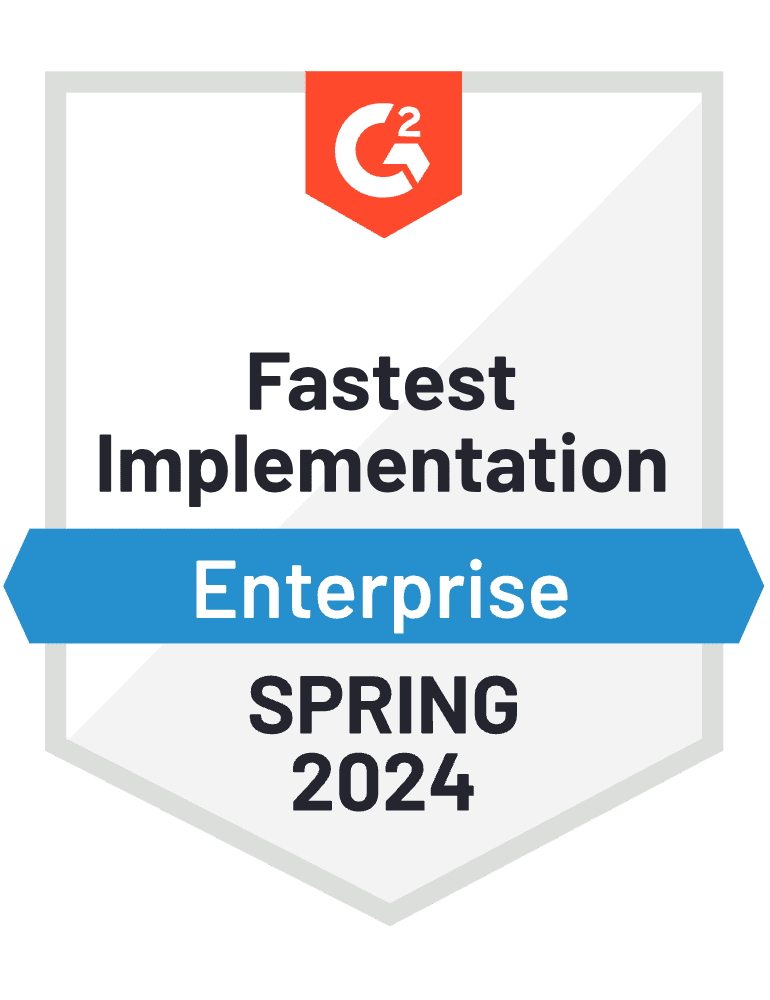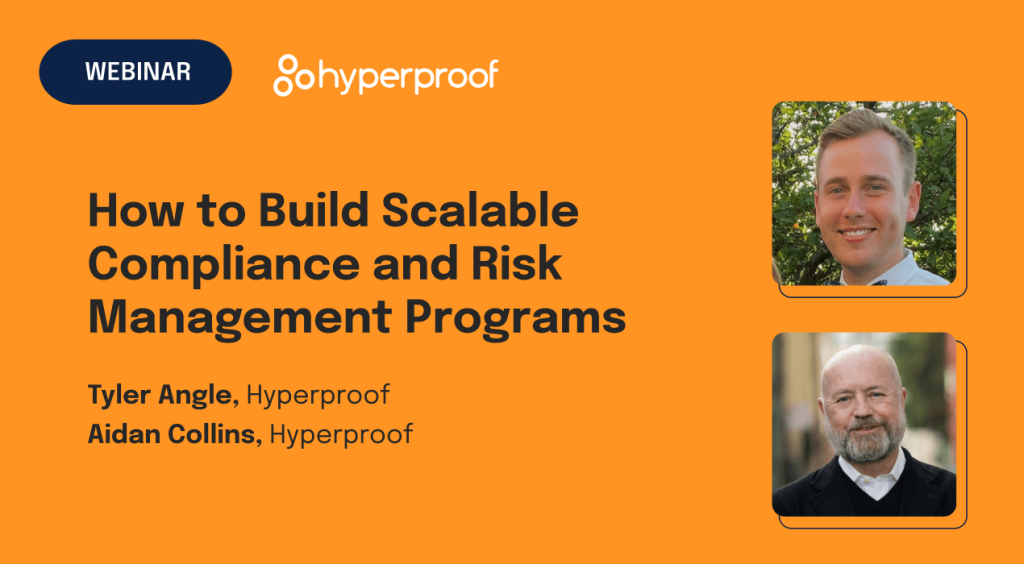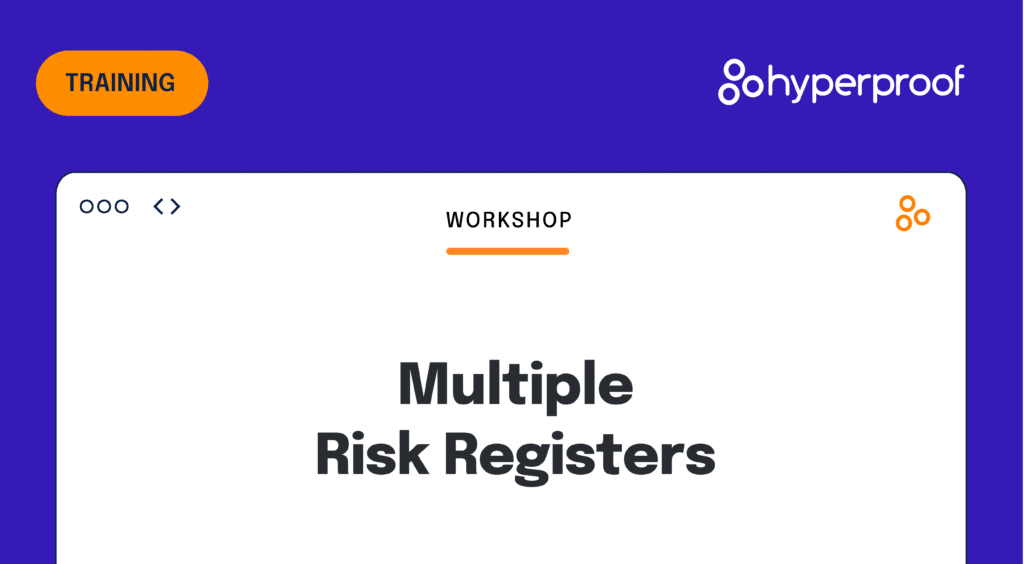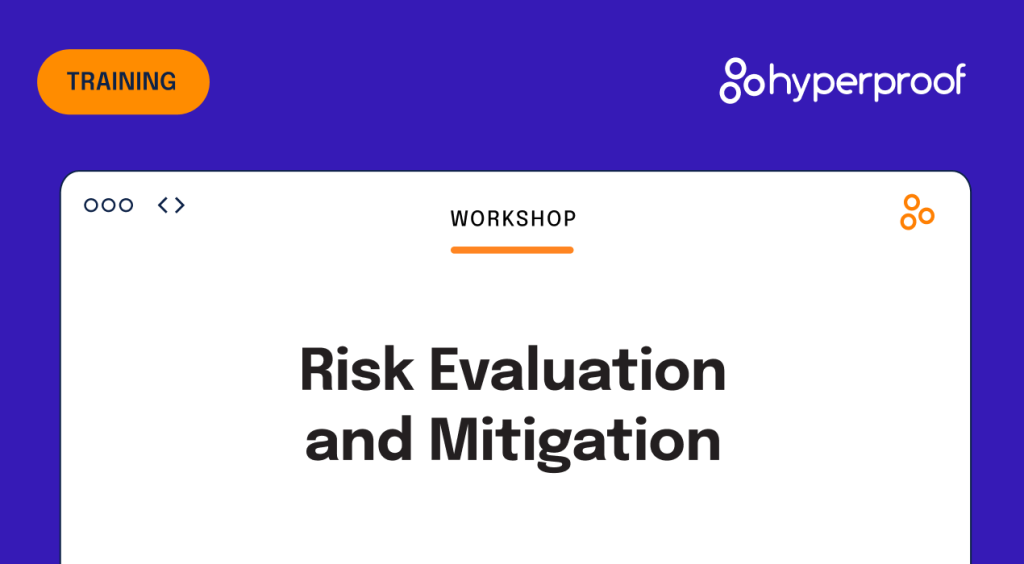Enterprise Risk Management Solutions: Giving Equal Weight to Governance, Risk, and Compliance

In enterprise risk management (ERM), the “R” in Governance, Risk, and Compliance often commands the spotlight. However, organizations must assign equal importance to all three components. So, how do you maintain a delicate equilibrium? Let’s shed light on how enterprise risk management solutions can be your guiding light in achieving resilience and lasting success in today’s complex business environment.
Modern enterprise risk solutions help organizations keep enterprise governance risk and compliance in sync so leaders can make decisions with confidence instead of reacting to surprises.
What is enterprise risk management?

What does the acronym ERM stand for?
The acronym ERM stands for enterprise risk management. ERM is a holistic, organization-wide approach to identifying, assessing, and managing risks so leaders can protect value, improve decision-making, and support long-term business goals.
The acronym ERM stands for enterprise risk management, a holistic and proactive risk management approach that helps organizations address and mitigate the operational, financial, and reputational consequences of inadequate risk management. It consists of principles and procedures that assist organizations in proactively managing anticipated risks, enabling successful goal achievement.
An ERM framework comes to the rescue with a structured and comprehensive approach for identifying, assessing, mitigating, and monitoring risks throughout your organization.Through early risk identification, mitigation strategy development, and promoting a risk-aware and compliant culture, ERM enhances an organization’s ability to navigate challenges while safeguarding its value, reputation, and long-term sustainability.
The crucial role of risk management solutions in enterprise success

Risk management is an integral facet of responsible and strategic business management, and without a business risk management solution, your organization faces many threats. Within enterprise companies, comprehensive risk management is pivotal for safeguarding against potential harm, ensuring compliance with regulations, and sustaining long-term viability and competitiveness – and this is why many teams invest in business risk management solutions.
Poor risk management can have significant adverse consequences, particularly in these three major areas:
1. Operational consequences
Ineffective risk management can disrupt business operations, leading to IT failures, supply chain interruptions, and production delays, decreasing productivity and increasing costs.
2. Financial consequences
Suboptimal financial risk management can result in financial losses, impact profitability, and shareholder value, and hinder investments in growth initiatives.
3. Reputational consequences
Poor risk management can damage the organization’s brand and erode trust, especially during data breaches, safety incidents, or ethical misconduct. This can decrease customer loyalty, investor confidence, legal and regulatory scrutiny, and more. To close these gaps, many organizations lean on specialized enterprise risk management services to design governance structures, facilitate risk workshops, and operationalize ERM programs across business units.
GRC: The necessary trifecta in enterprise risk management

In ERM, GRC represents a holistic approach to managing an organization’s operations. Governance sets the framework for decision-making and ethical conduct, risk management identifies potential threats, and compliance ensures adherence to legal and regulatory requirements. Although organizations tend to focus primarily on risks, the three letters in this all-important acronym must be given equal attention. Neglecting any of these components can create vulnerabilities that increase risks. Unifying enterprise risk management and compliance ensures that governance policies, regulatory obligations, and day-to-day risk decisions support a single, coherent strategy instead of competing priorities.
Here are some powerful ways that governance, risk, and compliance work separately and together to ensure the safety and success of your enterprise. A modern enterprise GRC solution brings these three disciplines together in one environment, so leaders can see how governance decisions, emerging risks, and compliance obligations all intersect. In practice, enterprise risk and compliance management depends on consistent enterprise compliance risk management, clear enterprise risk control ownership, repeatable enterprise risk mitigation, and an enterprise risk platform that reduces reliance on siloed tools or standalone corporate risk management software.
1. Risk mitigation
Effective risk management is vital for identifying and mitigating threats impacting an organization’s financial stability, reputation, and operations. It provides a proactive stance in minimizing potential harm. Learn more about Hyperproof’s Next Level Risk and Compliance Management here.
2. Strategic decision-making
Governance helps establish the framework for strategic decision-making. By considering potential risks and compliance requirements, organizations can make informed choices that align with their objectives and protect stakeholders’ interests.
3. Regulatory adherence
Compliance ensures that organizations adhere to applicable laws and regulations—an essential outcome of strong enterprise compliance management. Neglecting compliance can lead to legal issues, fines, and other negative consequences.
4. Business continuity and operational resilience
The most resilient organizations maintain success over time because their business strategies address risk and preparedness with business growth. GRC collectively supports long-term resilience by managing risks, setting governance policies, and ensuring compliance. This helps organizations adapt to changing conditions and maintain operations during potential disruptions.
5. Reputation protection
Reputation is a valuable asset. Governance, risk management, and compliance strategies protect an organization’s reputation by addressing ethical conduct, identifying potential threats, and ensuring regulatory compliance.
An ERM solution is essential to address these challenges effectively, and a modern enterprise risk solution helps make that work repeatable across teams. A modern enterprise risk management platform centralizes risks, controls, issues, and reporting so leaders can evaluate exposure and remediation efforts from a single source of truth. Modern enterprise risk management systems provide a structured framework for identifying, assessing, mitigating, and monitoring organizational risks. ERM enables informed decision-making by providing valuable data through reporting and analytics. Giving equal weight to potential risks, governance policies, and compliance requirements enhances operational resilience by identifying and addressing risks early, ensuring regulatory requirements before they become a problem, and fostering an overall culture of risk awareness. In this way, ERM strengthens an organization’s ability to navigate challenges while safeguarding its value, reputation, and long-term sustainability — a goal all modern enterprises should strive for. By adopting enterprise risk solutions that centralize risk data and workflows, enterprises can spot emerging threats sooner and respond in a more consistent, coordinated way across the business. In other words, when you see the acronym ERM in enterprise risk discussions, it’s referring to enterprise risk management platforms and practices that centralize risk data and decision-making.
Hyperproof: Your partner in modern GRC

In the GRC era, Hyperproof is a streamlined ERM solution for organizations seeking to enhance risk and compliance management. If you’re also evaluating audit and risk management solutions, it helps to understand what a strong audit process looks like and which best practices matter most. By standardizing workflows and centralizing evidence, enterprise GRC solutions help teams reduce audit fatigue, maintain continuous readiness, and scale GRC programs without adding headcount—exactly what teams want from audit risk management solutions. Facing economic challenges that demand more with fewer resources, Hyperproof equips compliance and risk teams with the tools and technology to efficiently address risk even with limited staff and resources. As an enterprise risk management SaaS offering, Hyperproof removes on-premise overhead while continuously delivering new capabilities, integrations, and security enhancements. Hyperproof’s GRC platform brings efficiency and automation to the forefront, allowing teams to focus on strategic initiatives rather than administrative tasks. Related: Cybersecurity Best Practices
Discover how Hyperproof can be your partner in modern GRC.

See Hyperproof in Action
Related Resources
Ready to see
Hyperproof in action?

